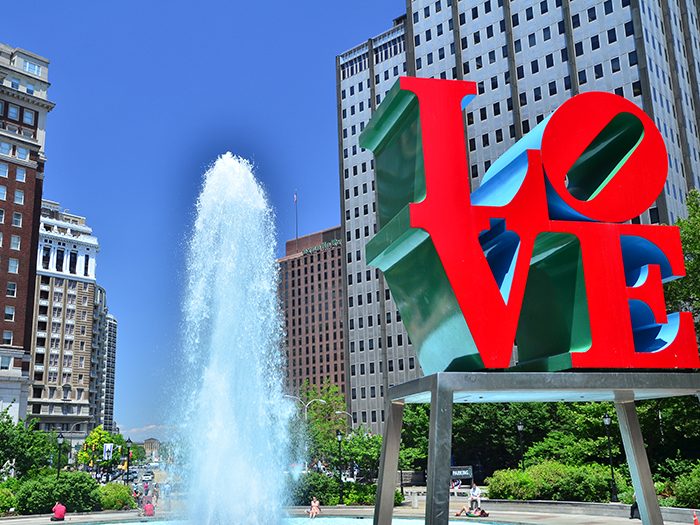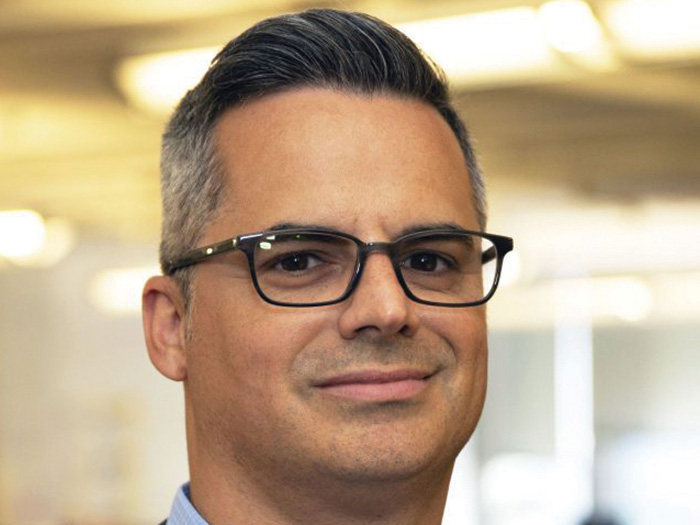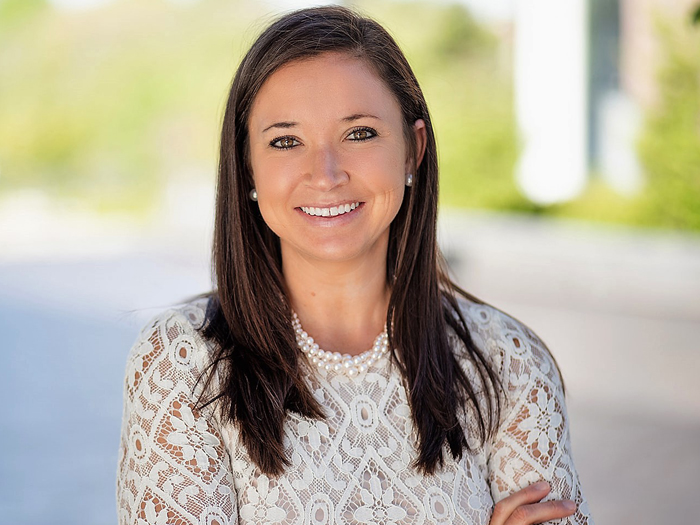Democratic National Convention
Philly’s Risk Manager: DNC Will Be a ‘Walk in the Park’

On July 25, political leaders, news crews, visitors, volunteers, protesters and a few celebrities will descend on Philadelphia for the Democratic National Convention.
Though the city is no stranger to playing host for large events, the degree of national attention, sharp debate and pure emotion surrounding the 2016 presidential election could make the convention challenging from a risk management perspective.
Eruptions of violence have punctuated political rallies held by both Democratic and Republican candidates in a few cities so far. Is it possible there could be clashes between opposing parties at the upcoming event?
“We’re not expecting any of that,” said Barry Scott, deputy director of finance and risk manager for the City of Philadelphia.
“We hosted the Republican National Convention here in 2000 and we had a number of demonstrations, but we work to ensure that citizens can exercise their First Amendment Rights safely. I hear that from our police department all the time — they want to protect citizens’ right to speak freely but also safely.”
So far though, the city has received at least nine applications for protest permits.
“One march was scheduled to take place on Broad Street [a main route in Philadelphia’s Center City], during the evening rush hour. That one may have been denied due to the disruption it would cause, but most permits do get approved,” Scott said.
“We try to work with protest groups to make sure what works for them will also work for us.”
Planning for the DNC has been a nearly two-year collaborative process between Scott’s risk management department, the city’s police department, its office of emergency management, and the offices of the mayor and managing director, as well as SEPTA, the local transportation authority.
The convention visitors bureau is expecting about 50,000 visitors, which Scott called a “walk in the park,” compared to the roughly 1 million pilgrims who attended Pope Francis’ visit to the city in September 2015.
“Additionally, for our Fourth of July event, we generally have crowds in excess of 100,000 for the concert and fireworks on the Ben Franklin Parkway every year,” Scott said. “So we definitely have the experience with large crowds.”
“Frankly, my main concern is weather, because it’s one thing we can’t control.” — Barry Scott, deputy director of finance, risk manager, City of Philadelphia
“Frankly,” he said, “my main concern is weather, because it’s one thing we can’t control.”
While the convention will be held indoors at the Wells Fargo Center in South Philadelphia, the city plans to establish “free speech zones” for protesters throughout the surrounding area that will largely be outdoors.
“We won’t stop them, but bad weather could complicate things and potentially lead to injuries,” he said.
Scott said there will be limitations in the interest of safety on where protesters can gather— for example, divided highways are off-limits — and police will be on hand in the event of any property damage or other law-breaking, but he expressed confidence in the city’s ability to respect the rights of protesters while keeping both them and observers safe.
“If you look at the Occupy movement that was present here in the city [in 2011], you’ll see that the city’s response when compared to other cities was relatively peaceful,” he said.
“Dispersal of these folks in other cities was much more unruly and violent. There was more injury and property damage elsewhere than anything that happened in Philadelphia.”
The DNC Host Committee has obtained law-enforcement liability insurance to cover potential claims of police brutality and civil-rights violations.
Just in case, though, the DNC Host Committee — an entity separate from the City of Philadelphia — has obtained law-enforcement liability insurance to cover potential claims of police brutality and civil-rights violations.
The committee has also purchased event cancellation, terrorism, auto, kidnap and ransom, and general liability coverage for the event.
As far as logistical challenges, Scott said, SEPTA trains and buses should not be overloaded, partially because those actively involved in the Convention will have their own, tightly controlled private transport, and because the Wells Fargo Center sits about 3.5 miles outside of Center City, which will keep convention crowds somewhat separated from those living and working in the city.
On the whole, Scott expects the convention to be a boon for the city in terms of attracting tourists who will “fall in love” Philadelphia.
“We are absolutely hoping we have lots of people come here for the excitement of the event, even if they’re not directly participating,” Scott said.
“There will be a lot of activities, a lot of celebrities drawing folks in. SEPTA will be working with the city’s office of emergency management to ensure that we’ve got the events well-covered.”
“It will be a very rich time for folks in the city. They’ll get a better chance to see what a great city we are. It’s an opportunity to visit America’s birthplace.
“And unlike the papal visit, which was heavily controlled by the Secret Service and had a lot of restrictions, the city and everything it has to offer will be completely open for business.”










